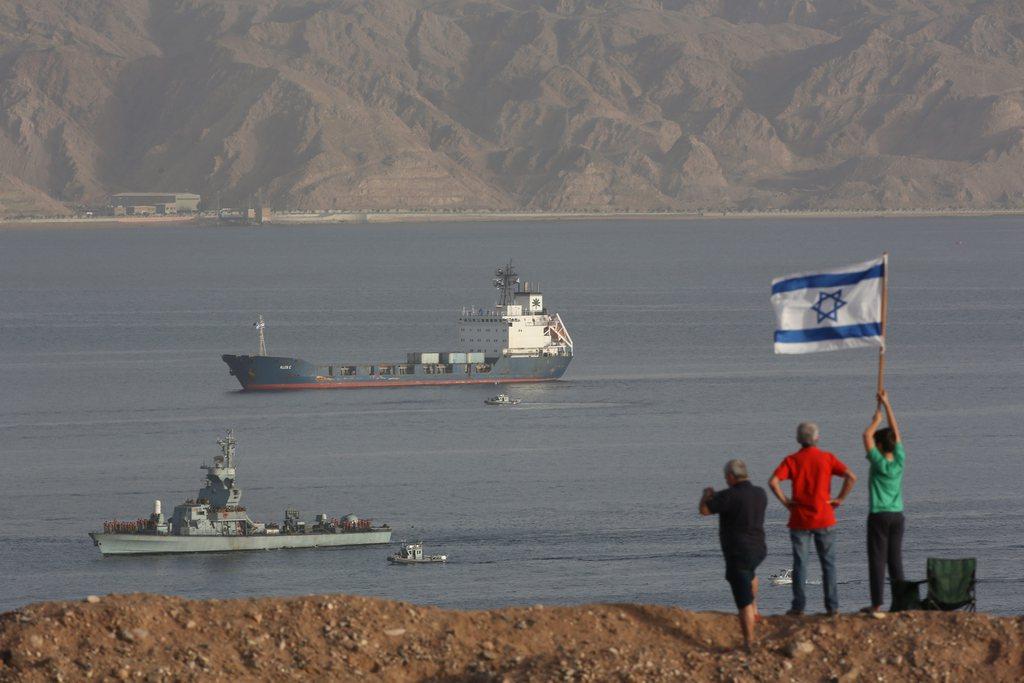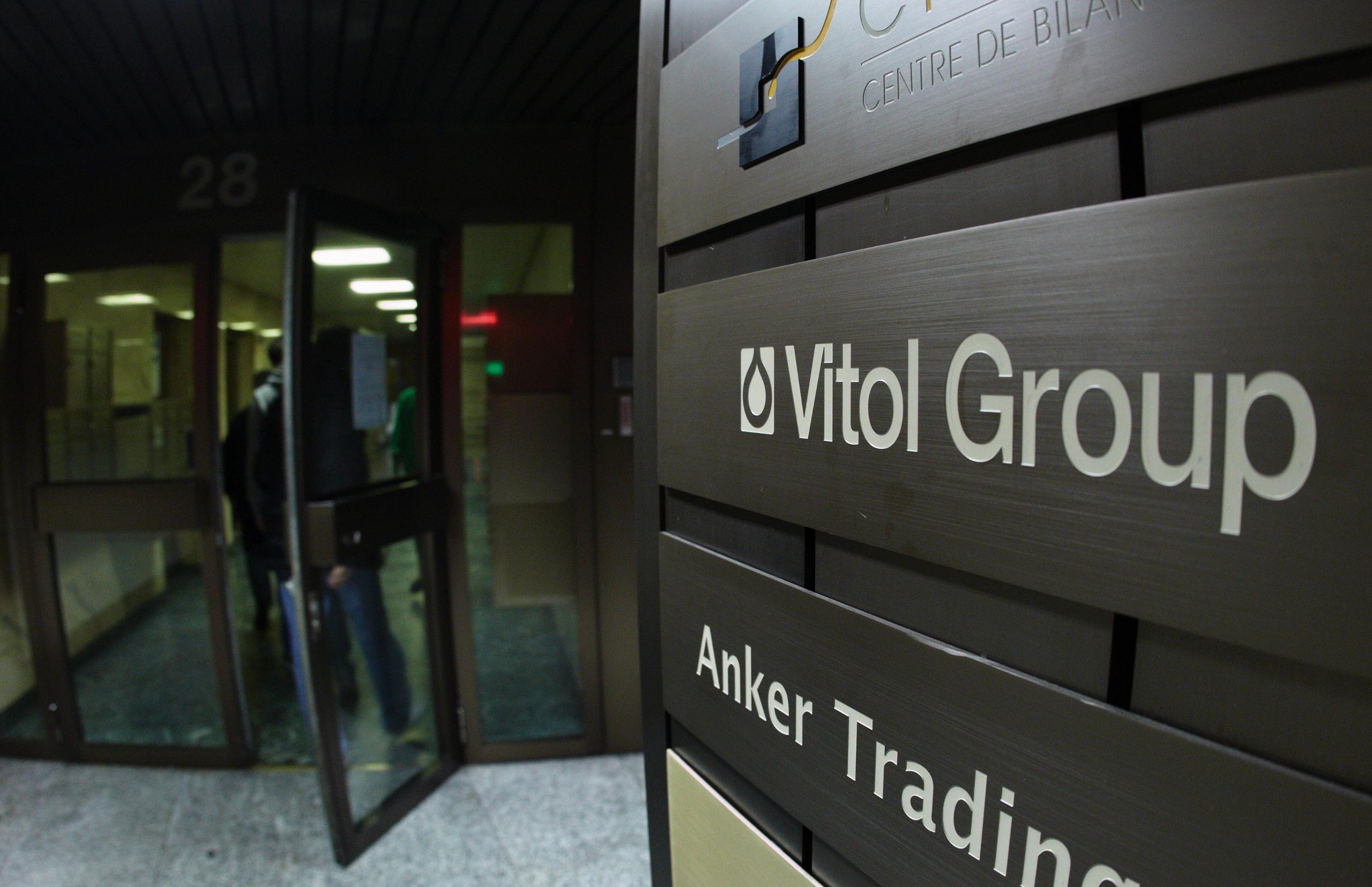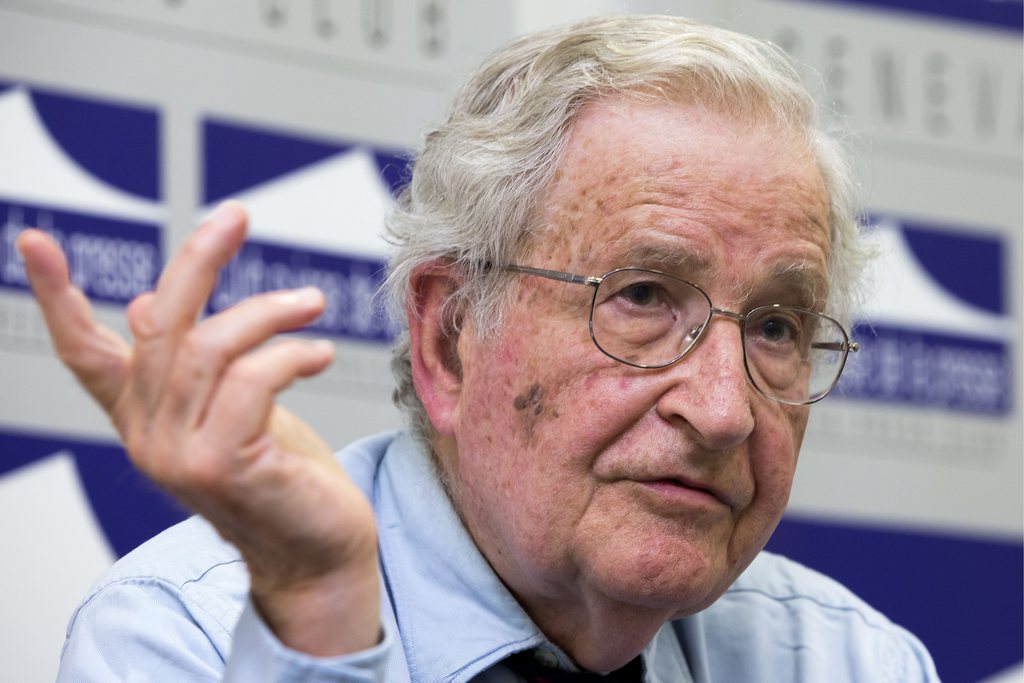Swiss court backs Iran in decades-old oil row with Israel

Switzerland’s highest court has ordered Israel to pay Iran around $1.1 billion (CHF1.07 billion) plus interest in a decades-old dispute over a secretive oil pipeline company. The dispute predates the 1979 Islamic revolution, which made the two countries enemies.
The Swiss Federal Court in Lausanne rejected an appeal, citing lack of due process, against an arbitration ruling last year. The verdict, dated June 27, was available on the court’s website.
It also awarded Iran CHF450,000 ($460,000) in court costs and lawyer fees, Reuters news agency reported on Thursday.
It remains unclear whether Israel will pay up given restrictions in its “trading with the enemy” laws.
Lawyers for each side had been locked in an arbitration over the Eilat-Ashkelon Pipeline Co (EAPC), a joint venture set up in 1968, when the two nations were friendly, to transport Iranian oil to the Mediterranean.
For a decade, the pipeline successfully carried oil from the Red Sea for export to Europe. But since the Islamic revolution, which brought the ayatollahs to power, Iran has been demanding its share of the revenues and assets that remained in Israel.
Since the partnership collapsed, EAPC has grown into a complex of energy assets, now mostly handling oil from former Soviet states.
How much profit it has made or how much it is worth is unknown, largely because it is protected in a similar way to Israel’s intelligence agencies, including by gag orders restricting coverage of its activities.
But Tehran, setting aside its decades-old refusal to recognise Israel’s right to exist, had determined to recoup its part of EAPC and pursued a complex arbitration case since 1994, first in France and then in Switzerland.
In that time, the company has become the largest distributor of oil in Israel, with ambitions to become a major hub for energy trading in the Mediterranean. Israel maintains tight controls over EAPC.
Enemies overnight
The company has its roots in the 1967 Middle East war, when Egypt blocked the Suez Canal, making it impossible for Iran to transport its oil by tanker to Europe. Under the EAPC deal, Iranian tankers would unload at the Red Sea port of Eilat and oil would flow 254km (158 miles) northwest to Ashkelon.
The countries formed a straw company in Halifax, Canada called APC Holdings, the primary shareholder in EAPC. By December 1969, the pipeline was ready to handle 60 million tons of crude a year, though it never reached that level.
A decade later, Iran’s Shah was ousted and the partners in EAPC became enemies overnight.
Reuters said lawyers for both countries had declined to comment.

In compliance with the JTI standards
More: SWI swissinfo.ch certified by the Journalism Trust Initiative




You can find an overview of ongoing debates with our journalists here. Please join us!
If you want to start a conversation about a topic raised in this article or want to report factual errors, email us at english@swissinfo.ch.